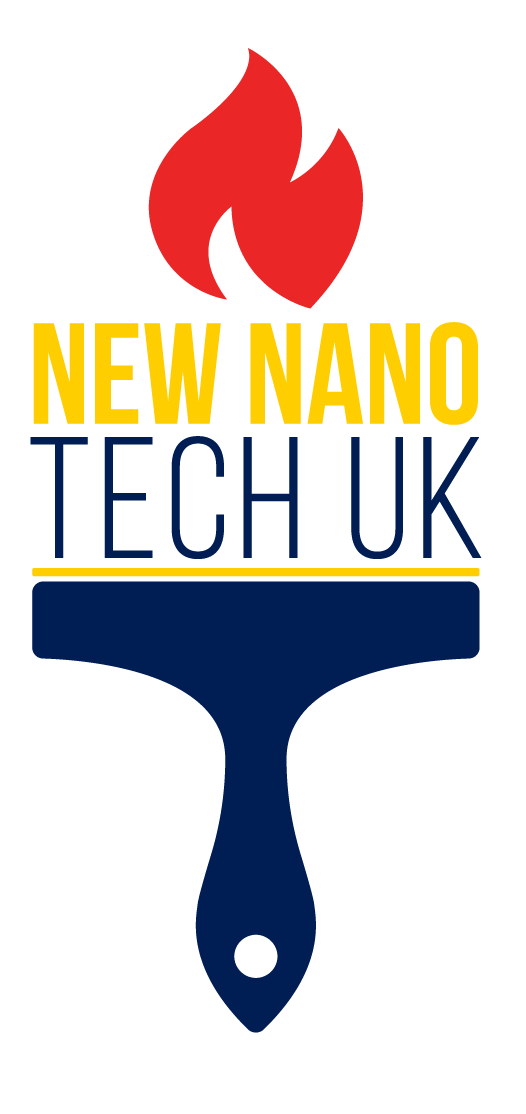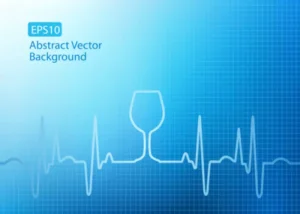
Others, even after they do fall asleep, experience painful, distressing nightmares and other sleep disturbances, creating a painful cycle of stress and exhaustion. If losing weight is your goal, quitting alcohol can definitely help—numerous studies show a link between heavy drinking and weight gain.3 That’s because alcoholic beverages are packed with empty calories that offer no nutritional value. When you stop drinking, you naturally consume fewer of these extra calories, which can lead to gradual weight loss, especially if paired with a healthy diet and regular exercise. Alcohol also interferes with your metabolism, so without it, your body can burn fat and absorb nutrients more efficiently.
Can delirium tremens be prevented?
Late symptoms begin between two and four days after the last drink, and they usually include changes in heart rate, breathing and blood pressure. Serious symptoms caused by delirium tremens include hallucination and seizure. Vitamins B1 (thiamine), B9 (folate), B12 and C are often recommended to aid recovery. These vitamins and minerals help support nerve function and overall health, which can be compromised due to long-term alcohol use. However, it’s important to consult a healthcare provider before starting any supplements, as they can advise on the most appropriate regimen based on individual health needs. Most people with mild to moderate alcohol withdrawal don’t need treatment in a hospital.
How long do symptoms last?
You may not feel like being physically active or going outside, but a good walk can completely recharge your mental and emotional state. Tell your close friends and family before you begin your detox, and ask them to support you. Consider creating a visiting schedule so you are never alone during the first week of detox. A supportive friend or family member can help you in many ways during withdrawal. If you decide to get treatment, your doctor can recommend the type of care that you need. When the alcohol level suddenly drops, your brain stays in this keyed up state.
Explore Treatment Options
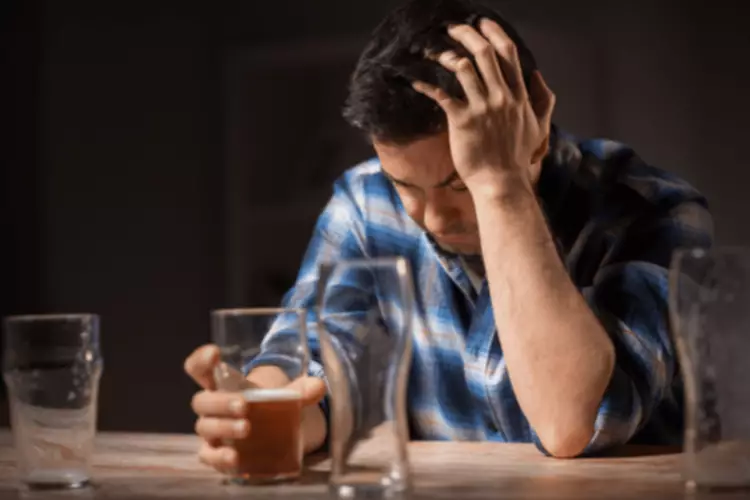
People with severe symptoms remain in the hospital for part or all of the detox process so a doctor can closely monitor their blood pressure, breathing, and heart rate and provide medications to ease the process. Treatment options for alcohol withdrawal syndrome typically involve supportive care to ease the effect of the symptoms. A doctor can often diagnose alcohol withdrawal syndrome by taking a person’s medical history and doing a physical exam. We tabulated the major recommendations from each source as regards the management of alcohol withdrawal with respect to severity of withdrawal, doses and regimen used in each study and the outcomes. Even with treatment, one of the possible complications of DTs is death.
You may want to speak with a loved one or therapist about cure for alcohol withdrawal symptoms a strategy to prevent relapses from happening. Dietary guidelines recommend that if you drink, men limit daily drinking to two drinks or less per day and women limit their drinking to one drink or less per day. Consuming more than that can lead to liver damage and heart disease, and increase your risk for some cancers. It’s much better to focus on something you enjoy than to focus on the discomfort of your withdrawal symptoms. Addiction tends to make everything else in life seem less enjoyable.
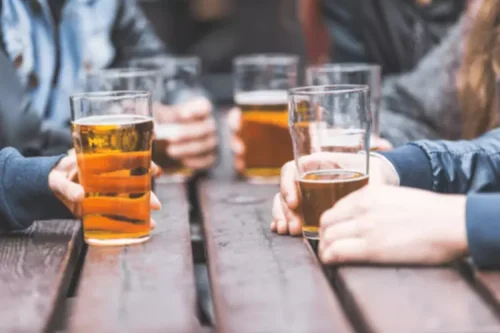
Medication of choice for detoxification
When you talk to your doctor about symptom relief, it’s a good idea to discuss treatment for alcohol abuse or dependence. Your healthcare provider will recommend and encourage treatment for alcohol use disorder. Alcohol withdrawal causes a range of symptoms when a person with alcohol use disorder stops or significantly decreases their alcohol intake. The symptoms can range from mild to severe, with the most severe being life-threatening. Medical detox services / acute treatment services (ATS) are not intended to be a long-term solution to drug or alcohol abuse or addiction. Improved immunity is an important long-term benefit of not drinking alcohol.

If you have alcohol use disorder and want to stop drinking, talk to a healthcare provider. They can help you find resources, care and support that’ll help you reduce alcohol intake safely, and also give you the best chance at a positive outcome. They can recommend alcohol rehabilitation programs, specialist providers, support groups and more.
Mild Symptoms
- If you consistently consume significant amounts of alcohol, your CNS gets used to this effect.
- Alcohol withdrawal is commonly encountered in general hospital settings.
- Mild symptoms may progress to alcohol hallucinosis, characterized by visual or auditory hallucinations that usually subside within 48 hours after alcohol cessation.
- A fixed daily dose of benzodiazepines is administered in four divided doses.
- Alcohol withdrawal can be a challenging and potentially dangerous process, requiring careful management and support.
It is a common misconception among regular drinkers that stopping alcohol causes more problems than continuing it. This may be partly true in those who have developed dependence as they may experience withdrawal symptoms including autonomic arousal, hallucinations, seizures and delirium tremens (DT). Alcohol withdrawal syndrome is a clinical condition that may arise following the cessation or reduction of regular, heavy alcohol consumption. Given its spectrum of manifestations from mild to severe and potentially fatal, all healthcare team members must recognize the signs and symptoms of this condition. Timely assessment and accurate treatment are vital to preventing disease progression.
Quality Care
Identify a family member or friend who you can call on to provide emotional support. The key to successful withdrawal is to consult with an addiction treatment professional ahead of detox to understand the alcohol withdrawal timeline and detox strategies, like how to taper off alcohol. People can partake in some natural remedies and activities to keep their minds occupied and help pass the time as withdrawal symptoms fade. Some of these remedies can be useful during withdrawal itself, and some are more helpful as you cope with cravings. Treating alcohol withdrawal is a short-term fix that doesn’t help the core problem.
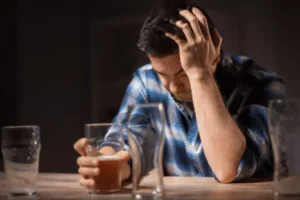
Management and Treatment
Alcohol withdrawal is a potentially serious complication of alcohol use disorder. It’s important to get medical help even if you have mild symptoms of withdrawal, as it’s difficult to predict in the beginning how much worse the symptoms could get. It affects about 50% of people with alcohol use disorder who stop or significantly decrease their alcohol intake. AUD is the most common substance use disorder in the U.S., affecting 28.8 million adults.
